The second phase of the TREC expedition focuses on the Mediterranean coast, with Barcelona, Spain, hosting the first 'superstop' of 2024
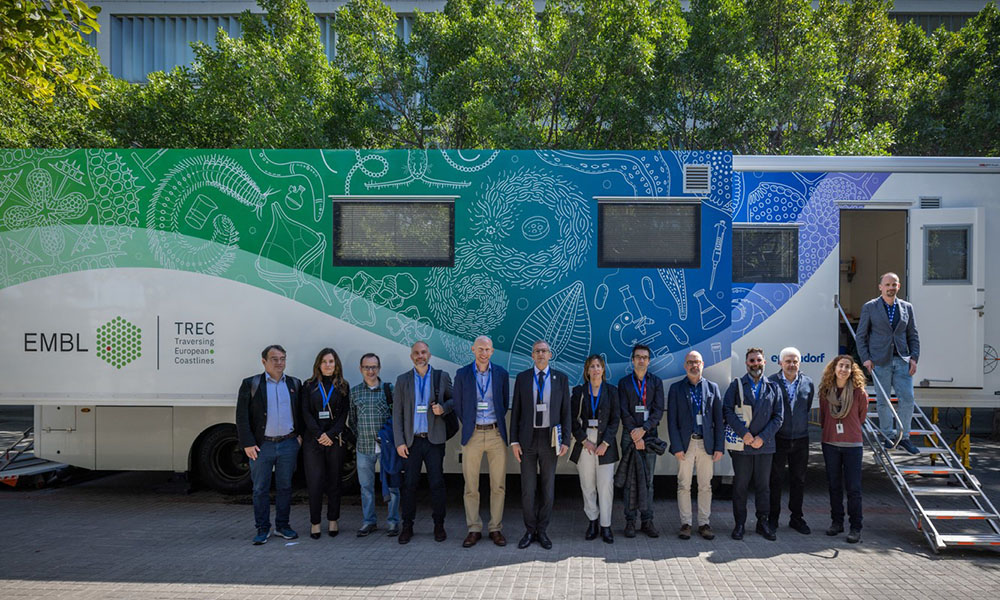
While the first phase of the TREC expedition focused on the Atlantic coast, the Baltic Sea, and the North Sea, the second phase will explore the Mediterranean coast, from Spain to Greece.
Sampling began at the end of February in Spain with two stops in Malaga and Mallorca, before reaching Barcelona, one of the expedition's eight 'supersites'. At these locations, not only do the expedition teams carry out land and sea sampling, but EMBL's Advanced Mobile Laboratory (AML) delivers additional extensive services, support, and training to TREC researchers and collaborators on many different techniques. The AML team also supports public engagement activities with guided tours. Following the stop in Barcelona, the AML will travel to Naples and Athens, staying for a month at each site.
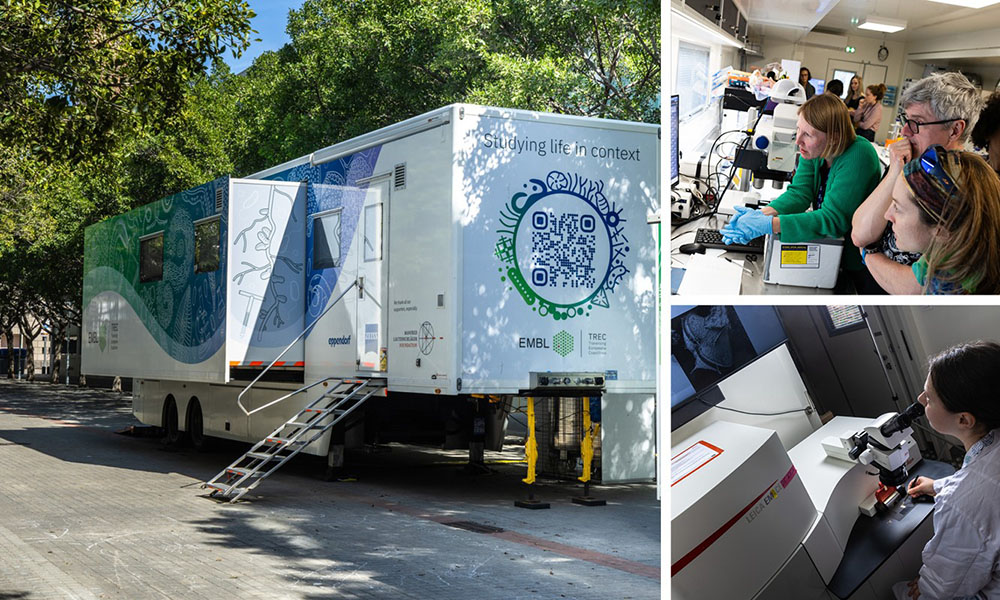
"It was great to be able to work again with so many teams and collaborators from Barcelona, Spain, and all of Europe. The projects we work on cover different aspects across ecosystems, from land to sea, and it is always a pleasure to help scientists discover things they have not seen before," said Tina Wiegand, Imaging specialist and member of the Mobile Services team.
In Barcelona, the Institut de Ciències del Mar (ICM-CSIC) acted as a local TREC partner by providing essential contributions to the expedition on several levels, from selecting the sampling sites with the EMBL team to adding enormous value to the TREC datasets through their historical time series datasets. ICM scientists were also scientifically involved in TREC, in addition to jointly organising the public engagement activities and hosting the EMBL's mobile laboratories.
Scientifically, the stop brought together many different TREC projects. The work included sampling of water, soil, sediment, and aerosols by the EMBL and Tara Ocean Foundation teams, as well as plankton, model organisms and habitats, and other sampling activities by EMBL and many collaborating scientists.
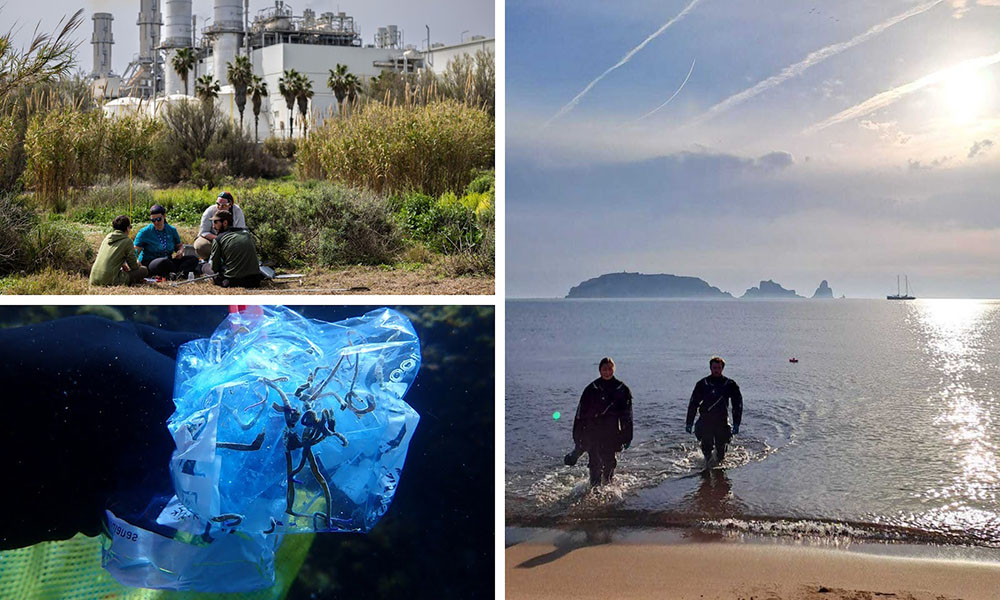
Barcelona was also host to a wide range of activities for schools and the public, organised by EMBL and the Tara Ocean Foundation in collaboration with the ICM-CSIC and with the support of the Institute of Environmental Assessment and Water Research (IDAEA-CSIC) and the Institute of Evolutionary Biology (IBE). The institutes offered different games, workshops, and public talks, in addition to inviting the visitors to explore different sides of the TREC expedition by visiting the AML, the Tara schooner, and the ICM-CSIC.
"What a rich experience for this first 2024 TREC superstop: from the diversity of the audiences we have engaged with to the many partners involved in the organisation of the activities, everyone has shown a lot of interest and enthusiasm. Embedding public engagement within research projects is the way forward, and the involvement of scientific partners and funding bodies along the TREC expedition is a wonderful example for European research," said Anne-Marie Alleaume, BIOcean5D outreach project manager at the Tara Ocean Foundation.
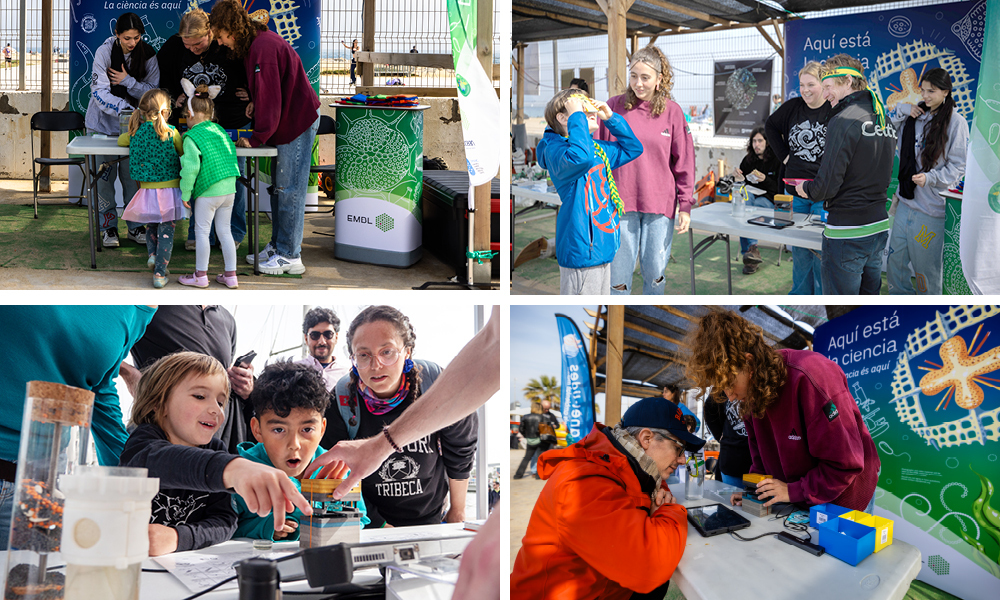
An event for decision-makers and political figures was held at the ICM on 18 March to officially welcome the TREC expedition to Barcelona. Among the guests were representatives from the Catalan government, diplomatic services, the Spanish Ministry of Research, and different research institutions. "Science expeditions remind us about the wonders of our planet and the importance of collaborative efforts in understanding and preserving this natural beauty. We are convinced that the TREC expedition will bring new knowledge, new discoveries, and inspire many ideas," said Ignacio Baanante Balastegui from the Spanish Ministry of Science, Innovation and Universities, an EMBL delegate.
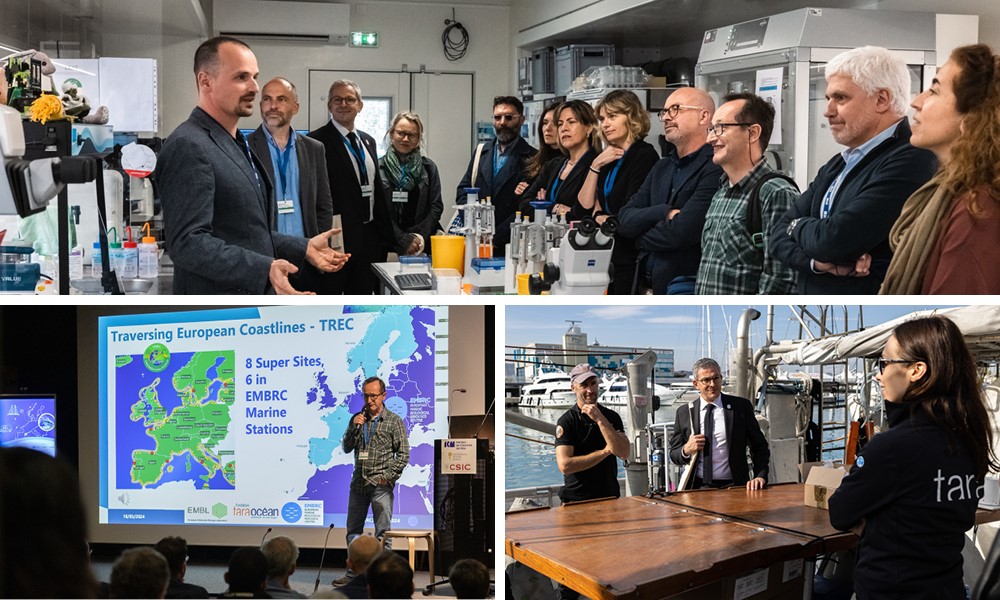
The welcome event was followed by a scientific symposium on the topic of 'Planet in Focus: Dialogues on Ecosystems and Global Health'. With speakers from EMBL, the Tara Ocean Foundation, as well as Spanish research institutes and universities (ICM-CSIC, IDAEA-CSIC, CREAF, UPF, and ISGlobal), it offered an important opportunity to explore collaborations on planetary biology topics.
"EMBL has its expertise in molecular biology and cell biology, but as a European organisation, and for topics like ecosystems, we need to synergise and work with the scientific communities and with our neighbours," said James Sharpe, Head of EMBL Barcelona. "The TREC expedition is a good example of that, as the flagship project of EMBL's Planetary Biology transversal theme. Another one, among the Planetary Biology projects, is SYNTERRA, which is run in Barcelona in collaboration with the Pompeu Fabra University and the University of Alicante, and whose goal is to understand how dryland soil ecosystems may respond to global warming."
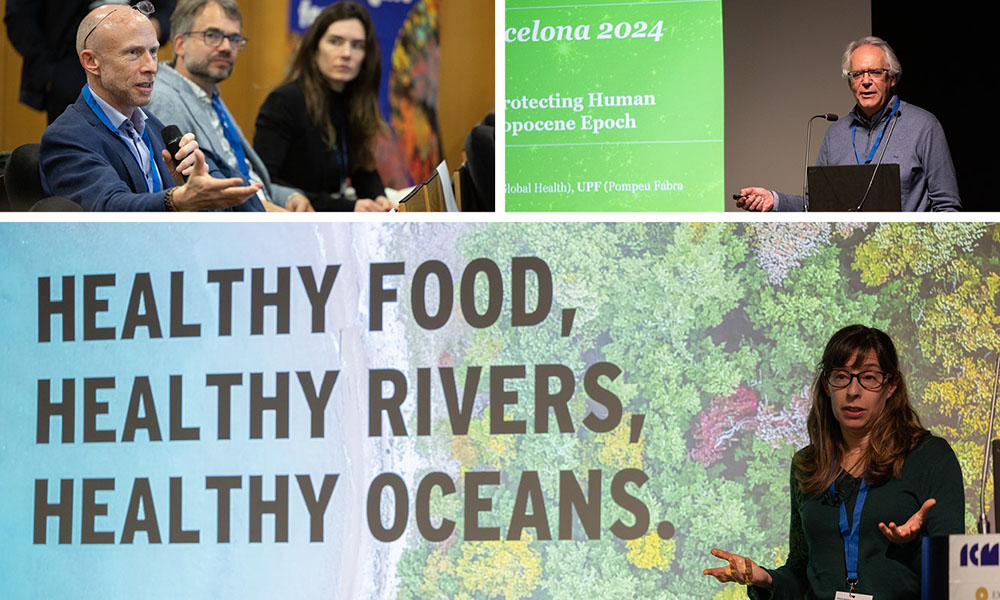
After a month of activities in Barcelona, the TREC teams have continued their journey to France and Italy, from where they will head to Croatia, Montenegro, and Greece, where the expedition will end in the summer of 2024.






